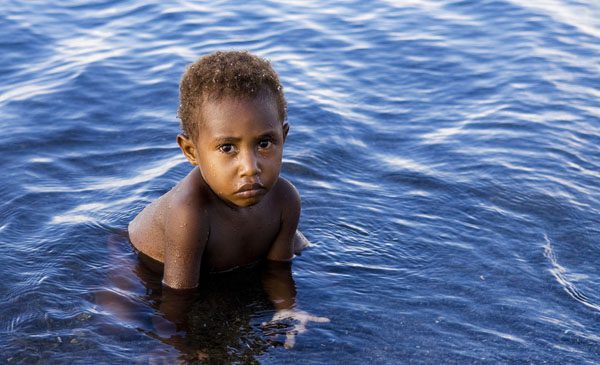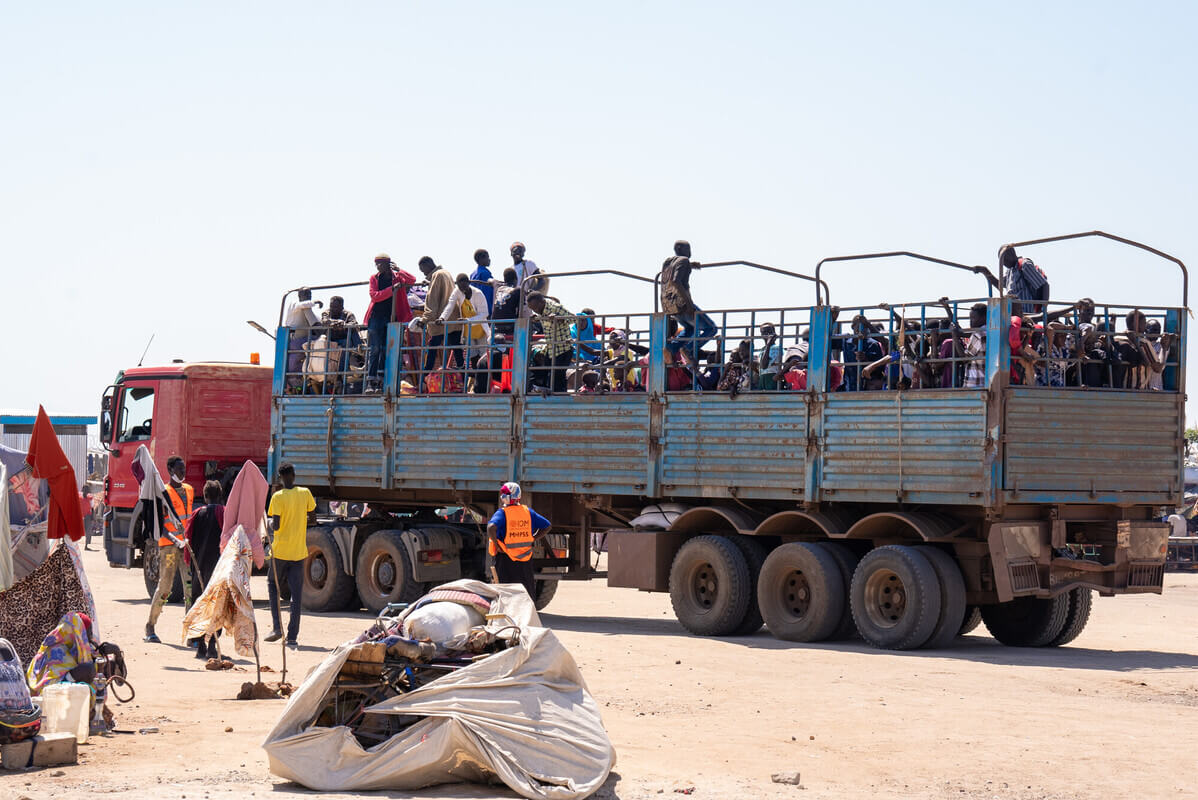Lack of access to clean water is the primary cause of children dying before their 5th birthday. Surely clean water – that is so readily available to us coming from taps, in water coolers and in pretty (but environmentally damaging) plastic bottles, should be available to every single person on the planet. In this world there is more than enough money to ensure that everyone has clean water, again we see that its not a matter of money rather a matter of priority. When the world needed trillions of dollars to stop a financial crisis money was suddenly available, yet when the worlds needs just a fraction of that to prevent a human crisis the coffers run dry.
In the case of Papua New Guinea, lack of water is definitely not due to a lack of money; Papua New Guinea has been one of the main recipients of Australian aid for more than 20 years. Yet in all of this time the percentage of population without clean water has remained at a pathetic 60%. Only two in five people have access to clean water – in a country that is closer to Australia than New Zealand.
The over arching aim of Australian aid money – to grow the PNG economy has largely been unsuccessful and has been a big contributor to the degradation of water ways from pollutants coming from increased mining and industrial activities.
When aid money is delivered with a human priority as opposed to an economic one it has the potential to deliver the clean water needed. Oxfam and Water Aid Australia have been working to do just this. These organizations work on the ground in partnership with communities to ensure they have ownership over the project – this system of community empowerment has resulted in the successful implementation of clean water systems to many villages and tribes people in PNG.
Learn more about water and sanitation
Unfortunately these organizations do not have the big budgets of the governments and are therefore not able to implement the program to the extent that it is needed. You can SAVE A LIFE today by donating to help communities’ access clean water.
You can also call upon the Australian government to ensure that the delivery of aid concentrates on the provision of basic services to the rural poor by adding your name to thousands of people already demanding more and better aid.
This post is part of Blog Action Day 2010
Oxfam NSW/ACT Campaigner Debbie Hunt



